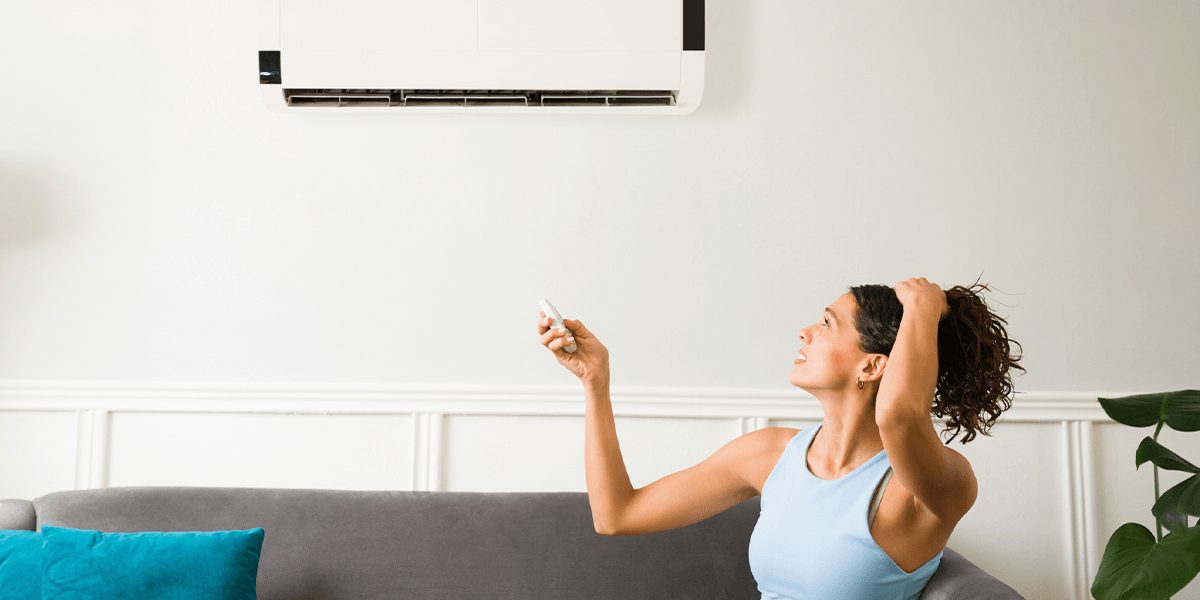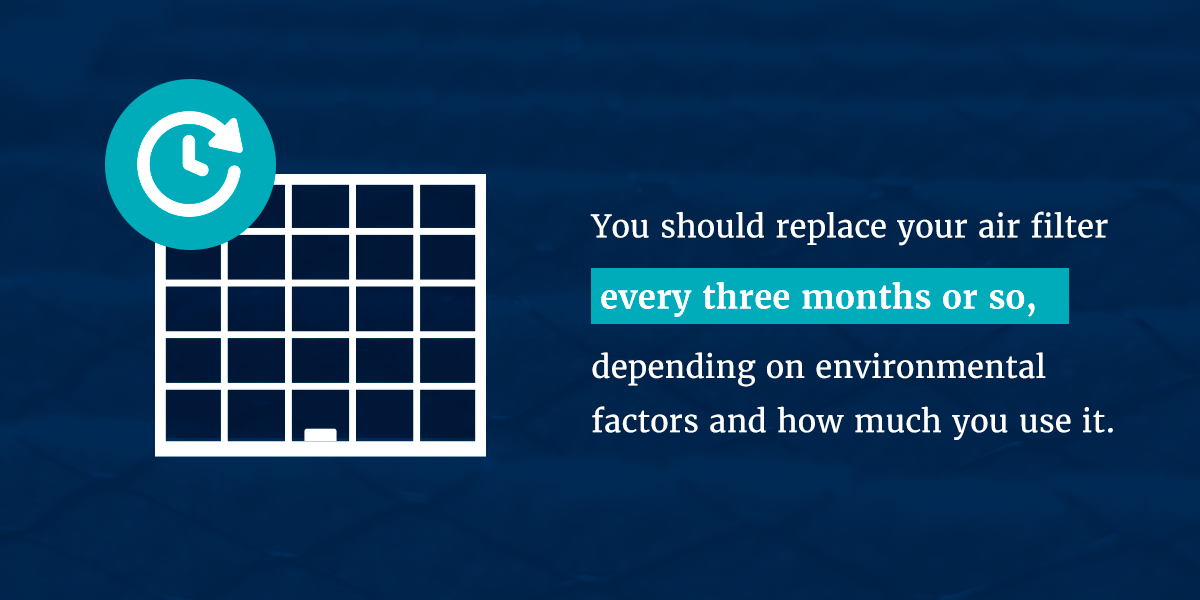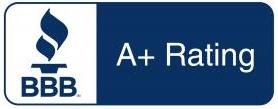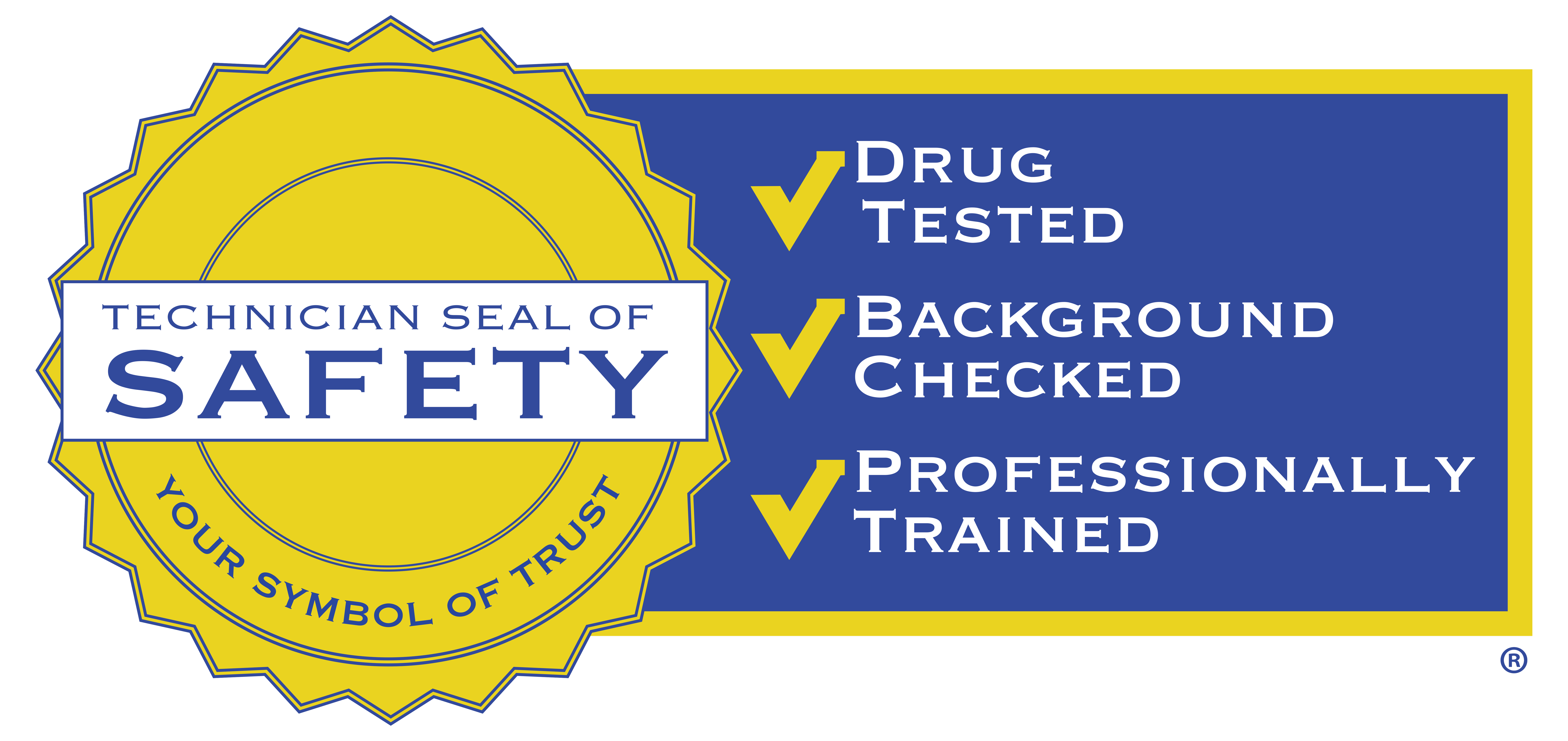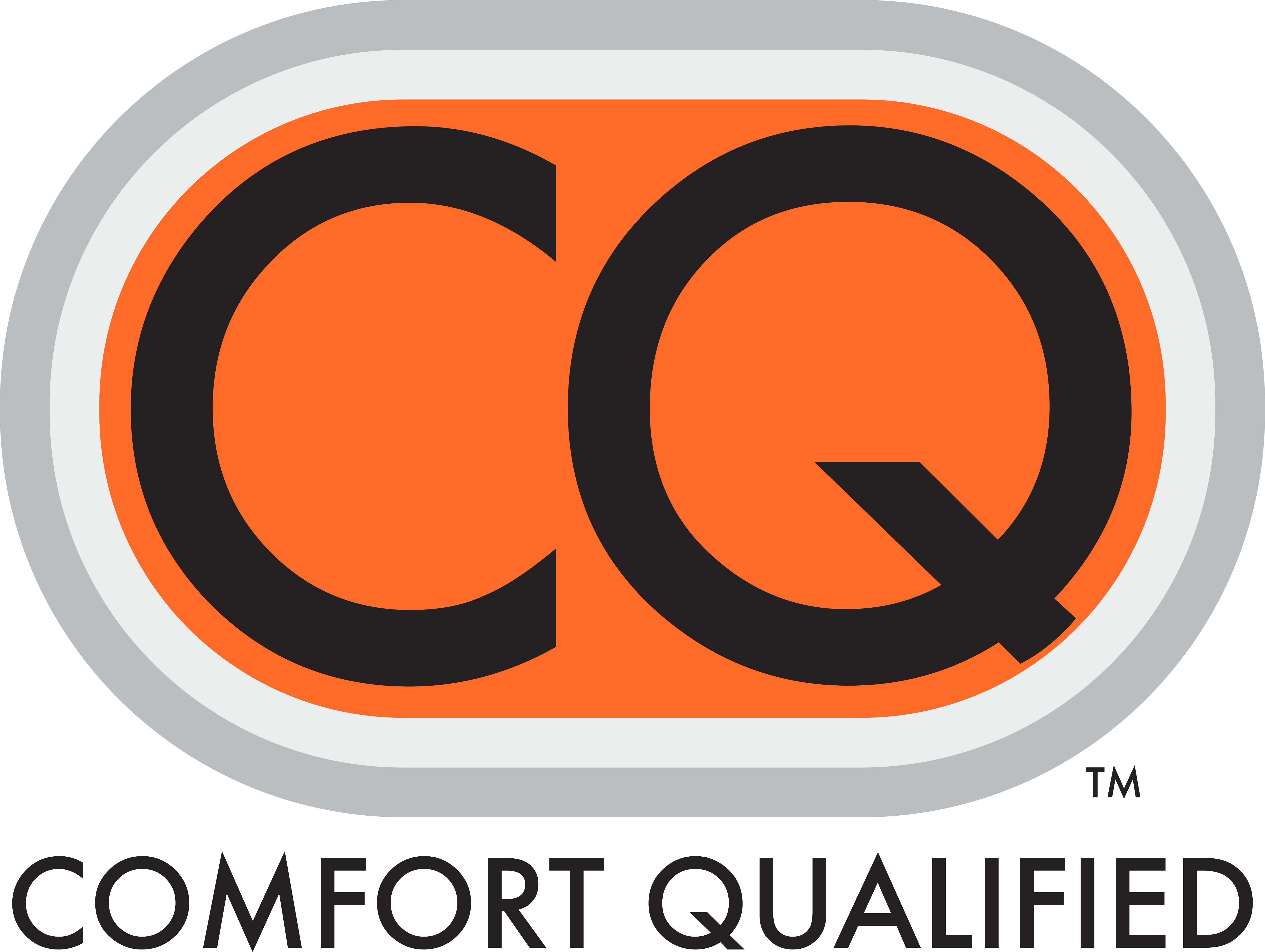What to Do When Your AC Stops Working
As the summer heat sets in, the last thing you want is to find yourself at home with a malfunctioning air conditioning system. The discomfort of rising temperatures can quickly affect your daily activities, disrupt your sleep, and impact your overall well-being. The good news is that professional help isn’t far — and you may even be able to find a fix on your own. Below, we’ll explore practical steps on what to do when your AC stops working.
What to Check When AC Stops Working
Before assuming your AC is broken, do a quick check for small issues you can resolve in a few minutes.
1. Check the Thermostat
Start by checking the mode setting on your thermostat. This is a common oversight, especially in homes where multiple people may adjust the AC throughout the day. The thermostat should be set to “cool.” If it’s set to “fan only” or “heat,” it won’t release cool air.
Beyond looking at the mode, you might need to:
- Adjust the temperature to your preference.
- Inspect for physical damage, such as cracks or loose connections.
If the thermostat settings seem correct, but your AC is still not working, try resetting it. This step can help resolve minor errors in the system. Refer to the manufacturer’s instructions on resetting your particular model.
2. Inspect the Air Filter
The air filter helps to trap dust, pollen, and other airborne particles. A dirty air filter can restrict airflow, making the AC work harder to circulate air throughout your home.
Locate your air filter, remove it from its slot, and inspect it for dirt and debris. If your filter is still clean, it will be white or light-colored. Clogged air filters will be dark or dusty.
You should replace your air filter every three months or so, depending on environmental factors and how much you use it. For example, if you have pets or live in a dusty area, you may need to replace your air filter more often.
3. Examine the Outdoor Unit
The outdoor unit is responsible for releasing the heat absorbed inside your home to the outside environment. Proper airflow around the unit is essential for efficient operation.
While examining the unit, ensure it’s free from plants, debris, leaves, and other obstructions that may restrict airflow and affect efficiency. Remember to also inspect the fan in the outdoor unit, as the system can’t release heat if it’s not running. While examining the fan, pay attention to any unusual sounds from the unit. If the fan isn’t running, there might be an electrical issue.
4. Check Your Circuit Breaker
Locate the circuit breaker for your AC unit and see if it has tripped. If it has, be sure to turn it off completely before resetting it. This step is essential to safely restore power to the AC unit without risking electrical shock or further damage.
If the circuit breaker trips again shortly after resetting it, you might have a few issues, including:
- An overloaded circuit
- Faulty components
- Wiring issues
Common AC Problems and Their Solutions
If your unit is running but isn’t working properly, it may be time to consider some common issues that could be affecting your system. Here are a few typical problems and their potential solutions.
1. The System Isn’t Cooling Effectively
In addition to checking the thermostat settings, air filter, and outdoor unit when your air conditioner has problems, you can:
- Look for blocked vents: Inspect your home’s supply vents to make sure they’re open and unobstructed. Furniture, curtains, and other items can easily block airflow.
- Check refrigerant levels: Low refrigerant levels can prevent an AC system from cooling effectively. If you suspect a refrigerant problem, a trained technician can help.
- Evaluate the size of your AC unit: If your system is undersized for your home, it may struggle to cool it effectively, especially during peak heat conditions. If this is the case, it may be time to consider a replacement.
2. The AC Is Making Strange Noises
If your AC system is making strange noises, there could be multiple reasons. You can take these steps to find the cause and fix it:
- Turn off the AC unit: Continuing to run the system while it’s making strange noises can cause further damage.
- Check for obstructions: Inspect the outdoor unit and indoor vents for blockages that could affect airflow and cause noises.
- Listen for electrical issues: If you hear buzzing or clicking sounds, these may indicate electrical problems that a technician can help with.
3. The System Has Drainage Problems
If your AC unit is experiencing drainage problems, it can lead to water leaks, increased humidity, and other potential issues in your home.
To address the drainage problem yourself, you can:
- Check the condensate drain: Make sure it’s free from clogs that could be stopping the unit from draining.
- Ensure proper mounting for room AC units: If you have a room air conditioner, ensure that it’s mounted levelly. An improperly installed system can affect drainage.
- Regularly flush the drain line: To help prevent mold growth, flush the drain line with a mixture of bleach and water.
When to Call an HVAC Professional
If you’ve hit the wall with your troubleshooting measures, it may be time to reach out to a professional. Delaying AC repairs can lead to further damage to your unit, which may increase your repair costs.
Here are some signs you need to contact an HVAC professional:
- You’re experiencing electrical issues. If you notice burning smells, sparking, or unusual noises, like buzzing or humming, your unit could have an electrical problem. It’s safest to let a professional diagnose and fix it.
- There are refrigerant leaks. Handling refrigerant challenges requires specialized equipment and knowledge, which an HVAC professional can provide.
- Your system has major component failures. Parts like the fan motor, condenser, or compressor can fail due to wear, age, or a lack of maintenance. A qualified technician can determine whether a component can be repaired or needs replacement. They will also perform the necessary AC repairs safely and effectively so you don’t have to.
Let Meeks Heating & Air Help You Create a Comfortable Home
These tips can assist you in quickly addressing issues with your air conditioning system. However, some problems require the expertise of a professional HVAC technician to ensure safe and effective repairs.
If you’re experiencing any of these challenges, Meeks Heating & Air can help. Since 1999, we’ve been servicing our customers in Locust Grove and the south side of metro Atlanta, delivering personal care to every home. Whether you need air conditioning repair or air conditioning services, our qualified technicians are here for you. Contact us today for more troubleshooting tips or service to get your home cool and comfortable again.
